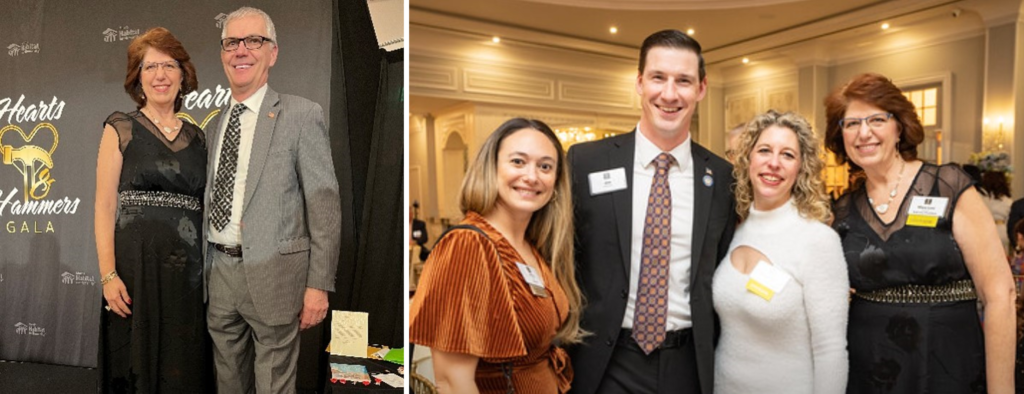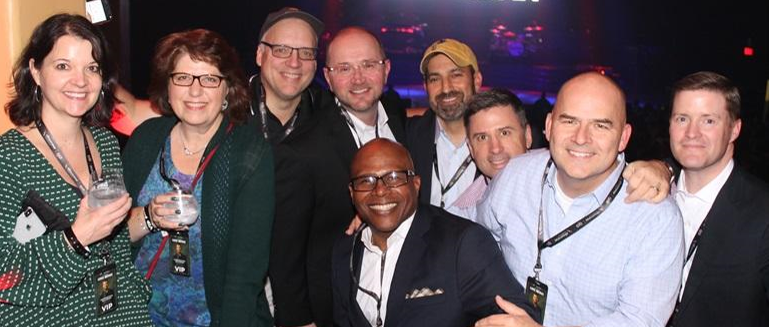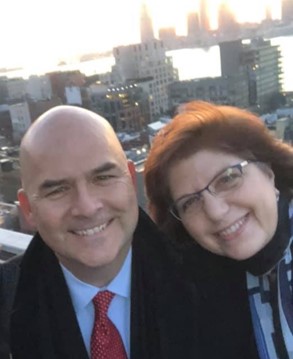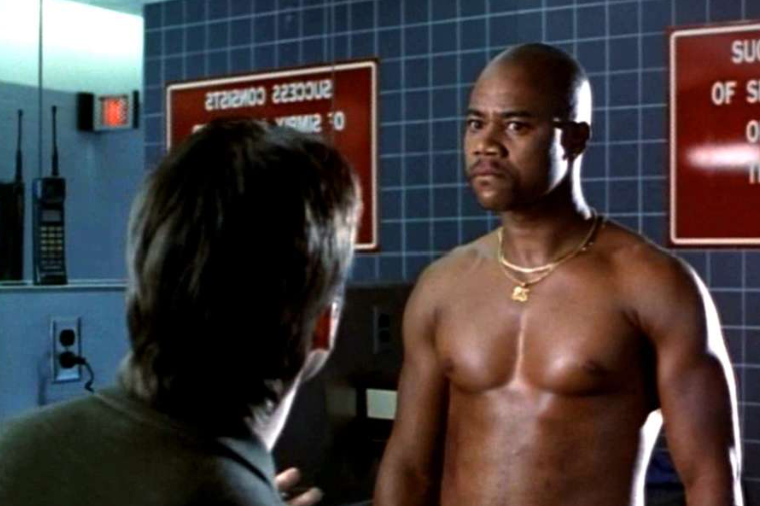I once heard a keynote speaker at a conference ask the audience this: When’s the last time you asked your boss what they want? The question is designed to get at what’s beyond the here and now, and look at the horizon, the bigger picture.
The speaker went on to say, if you haven’t done that, there’s no way your boss can help you get what YOU want.
That statement struck me.
I mean, I know when my boss would ask me to do something and give me an assignment, I knew what he wanted, and I went about making it happen.
That’s not what the speaker meant. She wasn’t talking about everyday assignments, like, “here’s what I need you to do, here’s why, here’s when it’s due, now go, do it. Any questions?”
She was talking about helping your boss gain something beyond the norm. Do that and in turn your boss will help you gain something. I never thought about the power of what this really means until then.
This rings true of the Law or Rule of Reciprocity, which is a process of exchanging things with other people to gain a mutual benefit. It’s a social norm where if someone does something for you, you then feel obligated to return the favor. It’s a foundational principle of how prosperous people live.
Ever wonder why rich people go to other rich people’s gala events and fundraisers? They do so to help each other out. By giving back to worthy causes, they are planting seeds of good into the community, and the Universe is watching. So are their rich friends. When you make donations, support worthy causes, volunteer, make a difference, and put good things out into the community, your actions are noticed, and you will be rewarded in return. That’s how the Universe works. Give and ye shall receive.

Morris Habitat for Humanity Hearts & Hammers Gala, February 2023. Left: Me and my husband, John. Right, Amy Miller, Joe Hathaway, Meredith Holly, all former Bayer colleagues and dear friends, and me.
Back to that speaker. I believe when you hear a new concept or thought that intrigues you, put it into action. There is no point in learning something new if you’re not going to do anything with the new information.
Time to apply what I learned. The next time my boss and I had a 1:1 conversation about what I was working on, I closed our chat with one last question, “what can I do to help YOU?”
Silence. He was surprised, stunned actually! He told me he didn’t expect me to ask that question but appreciated it. He also told me no one ever asked him that before. Interesting.
He thought for a moment and then said one of the things he’d really like to see us get to is progress from a good leadership team to a high-performing one. We had a thoughtful conversation about that, and what that meant to him. I told him I would help him lead us there. That was in 2018.

Bayer Corporate Affairs Leadership Team 2019: Standing, L-R, Jennifer Brendel, me, Chris Loder, Darren Wallis, Steven Immergut, Mike Birdsong, Ray Kerins (our leaders), Mike Parish. Center first row, Al Mitchell.
With that new aspiration in my mind, I started looking for whatever I could find on building high-performing leadership teams. Then, it hit me. I belong to a senior communicators think-tank group offered CRA Inc. Through my membership in that group, I learned about the company’s Admired Leadership Institute. I had previously engaged them to help us with communications research I was doing, which we benefitted from greatly. With that success, I pointed out to my boss that they could also help us elevate our leadership skills and get to a high-performing team.

He was sold. I brought that leadership program to our team in 2019. Knowing what HE wanted, helped me get what I wanted. He wanted a solution for helping us elevate our team’s leadership skills. I wanted to “sell” him on the program so we could all benefit from it. He saw that I was not only there to do my job well, but also was willing to do more for the good of the team. By asking him what else I could do for him, he saw greater value in me and what I brought to our team.
(Pictured: Former SVP, Corporate Affairs, Bayer (left) with me in NYC.)
In turn, that benefited me. How? In several ways.
- The program I brought in helped me elevate my leadership skill and that of our leadership team.
- Together we were a stronger team and saw marked improvements in how we led our teams; our people noticed and performed better.
- My boss (and we) now had a stronger, high-performing leadership team that achieved better outcomes as a result, elevating how he and our team were viewed in the company.
- I received the highest performance rating you could get at my company, which translated to a bigger salary increase and bonuses.
Everybody wins.
Here’s another example of how helping someone get what they want helps you get what you want.
In the hit movie, “Jerry Maquire,” there’s a scene in the men’s locker room where Jerry (played by the incomparable Tom Cruise) and Rod Tidwell (played by another incomparable, Cuba Gooding Jr.) were in a heated discussion. They were talking about the fact that Rod wasn’t getting attention from the general manager of the Arizona Cardinals, the NFL team that he wanted a contract to play for. Remember Rod’s famous quote, “show me the money?”

In the locker room, Jerry was getting very frustrated with Rod’s attitude, because Jerry’s business, indeed his LIFE at the time, depended on Rod – his ONE client –getting a fantastic contract. Jerry says this to Rod – “Help me, help you. Help ME, help YOU. HELP me, HELP you.” He says it several times.
Think about that. What was he trying to do?
He was trying to get Rod to understand that until and unless he (Jerry) could truly understand what Rod was after, and until and unless Rod brought his heart back to the game and got the chip off his shoulder, NO ONE was going to want to sign him. NOTHING was going to work. Everyone loses.
As the movie progresses, and their relationship and friendship deepens, they begin to understand what each other’s needs are, and they help each other attain them.
Rod loses the attitude and goes back to playing the kind of football he played as a young man – performing at his peak every game. He begins to demonstrate his value directly, at every game when it counted the most. He acts as if and goes as though he already HAD a multi-million-dollar contract. (See Prosperity Principle #9).
Jerry holds to his “mission statement” and lets building deep, personal relationships with his athletes, holding to high standards of integrity, trust, and honesty, be his differentiator.
I think you know how the story ends. Rod gets a great contract. Jerry makes a great commission and attracts more star athletes. They both win. Big.
They used different words, but the concept applied is the same. “What else can I do for YOU?” Help me understand how I can help you, and when I do that, you help me.

When I help you prosper, you help others prosper. Their prosperity prospers you; your prosperity prospers me.
Helping YOU get what YOU want out of life helps me get what I want out of life — the satisfaction of knowing I played a role in transforming your life, and by extension, the world for the better.
All you need to do is ask how you can help someone else. Give that gift. And watch the gifts you’ll receive in return. Reciprocity is a beautiful thing.
To your prosperity!
For more information, join my Facebook community and connect with me LinkedIn (4) Mary Lou Panzano | LinkedIn.


Congratulations Mary Lou! Love the giving back, brilliant. Hope to do that when I retire too!
Thanks for engaging on this, Judy. The thing that’s most satisfying about giving back, is doing so when no one knows it was you. There’s something magical in knowing you secretly helped someone or simply brightened their day! No need to wait until you retire. Just keep planting seeds of goodness every day, and you’ll make a difference one person at a time.